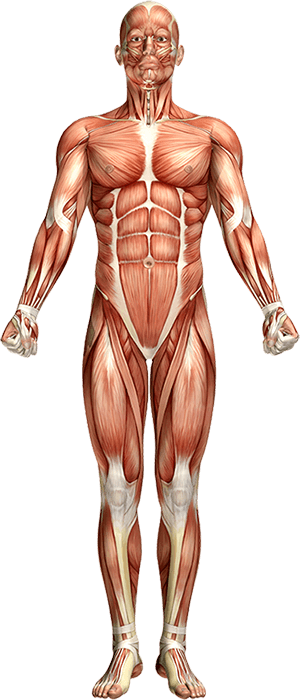What is Migraine?
The enlargement and inflammation of the blood vessels or arteries in the brain lead to the release of certain chemicals from the nerve fibers that are coiled around these arteries. These chemicals cause severe vascular headache which is termed as Migraine headache or simply a Migraine. This is a chronic condition which means that it is long-term.
The chemicals thus produced can further cause enlargement and inflammation of the arteries and increase the intensity of the pain and headache. The sympathetic nervous system of the brain is often the affected part of Migraines. This is the system that enables primitive responses such as more commonly known fight or flight responses during the situations that cause stress and strain.

Symptoms
- Intense headaches with severe pain and throbbing which can last for hours and they are recurring. These are often located on the temple, around the eye, forehead, and the back of the head
- Nausea
- Vomiting
- Diarrhea
- Lack of regular bowel movements
- Cold hands and feet due to the decreases circulation of blood
- Headaches ad imbalance while walking up the stairs
- Enhanced sensitivity to sound and light
- Constipation
There are certain warning symptoms to the migraines as well. If the below symptoms are observed at intense level, it could mean the illness could take place soon and needs medical attention right away.
- Feeling of sleepiness
- Fatigue
- Depression
- Irritation
- Mood swings
Patients with Migraine often experience a phenomenon called Migraine Aura in which the person may visualize zigzag patterns, flashing of bright lights or colors before or during the headache. They can also experience the sensation of pins and needles on the hand, arms, or one side of the body. Hallucinations are often a symptom of Migraines. Hearing noises, temporary visual impairment, and blurred vision can also occur.
Causes
There are certain trigger factors that could lead to the development of Migraine. These include
- Genetic factors
- Environmental factors
- Imbalance in brain chemicals
- Hormonal changes and abnormalities
- Dietary and geographical changes that pose difficulty in adapting to the conditions
- Physical and mental trauma
- Stress and Depression
HOMEOPATHY TREATMENT FOR MIGRAINES
Constitutional treatment in Homeopathy is the best way to treat Migraines. With this treatment procedure, the root cause of the problem is identified after a thorough examination of the patient’s physical and mental health status along with the family history. Constitutional homeopathy ensures that the treatment is safe from side-effects.
For more about the treatments and services offered by Dr. Care Homeopathy Call Us @ 07337557853.


